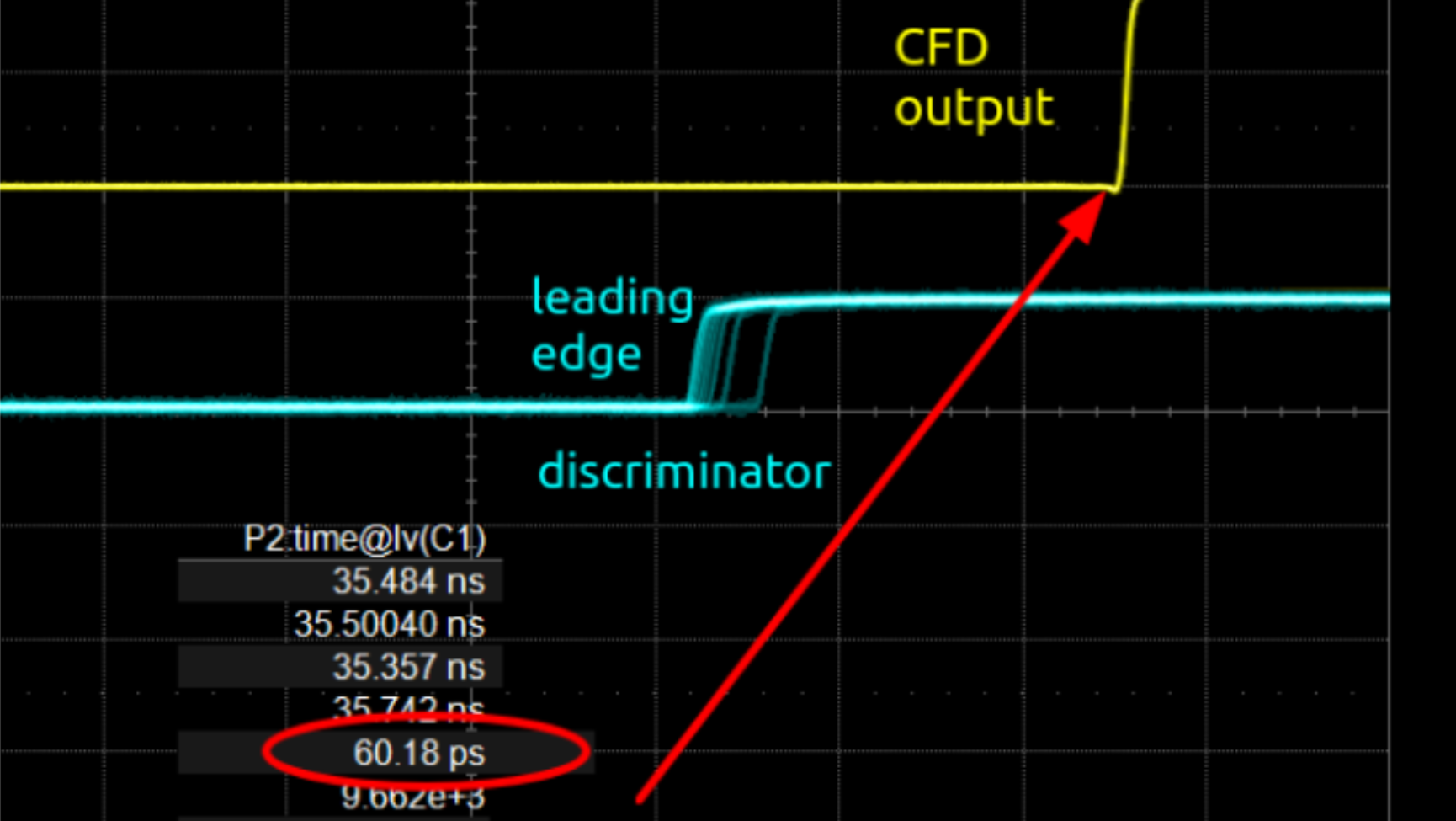Why is C# Code Faster than Python Code for Algorithm Execution?
Introduction In recent discussions regarding the performance of programming languages, one common topic is the speed differences observed between C# and Python for similar algorithms. Specifically, when implementing a solution for Problem No. 5 from Project Euler, developers often find C# executing significantly faster than the same logic implemented in Python. This blog post aims to delve into the reasons behind this discrepancy in execution times, demonstrating with sample code in both C# and Python. Understanding the Performance Discrepancy The significant difference in execution time between C# and Python can be largely attributed to the way both languages manage memory, type systems, and overall execution environments. C# is a statically typed language, meaning variable types are defined and known at compile time. This allows the C# runtime to optimize memory usage and execution flows. In contrast, Python is dynamically typed, leading to potential overhead due to type checks and memory allocation during runtime. Type Management in C# vs. Python In C#, when you declare a variable of a certain type, the compiler knows exactly how much memory to allocate and how to manipulate that data. For example, when dealing with integers, C# can utilize efficient data structures and algorithms because the variable types are predetermined. For example, the integer calculations in C# execute much faster because the environment does not need to infer types or compute conversions at runtime. In Python, flexibility in variable types can add overhead. Python's interpreter dynamically allocates memory based on current values, meaning that every time a variable changes, Python must perform additional type checks and conversions, which inevitably extends execution time. Code Comparison To solidify our understanding of the performance differences, let’s take a closer look at the implementations in both languages. C# Code Example using System; namespace bug_vcs { class Program { public static void Main(string[] args) { DateTime t0 = DateTime.Now; int maxNumber = 20; bool found = false; long start = maxNumber; while (!found) { found = true; int i = 2; while ((i < maxNumber + 1) && found) { if (start % i != 0) { found = false; } i++; } start++; } Console.WriteLine("{0:d}", start - 1); Console.WriteLine("time elapsed = {0:f} sec.", (DateTime.Now - t0).TotalSeconds); Console.ReadLine(); } } } Python Code Example from datetime import datetime t0 = datetime.now() max_number = 20 found = False start = max_number while not found: found = True i = 2 while (i < max_number + 1) and found: if (start % i) != 0: found = False i += 1 start += 1 print("number {0:d}\n".format(start - 1)) print("time elapsed = {0:f} sec.\n".format((datetime.now() - t0).total_seconds())) Key Factors Influencing Performance Type Handling and Memory Management: C# uses static typing, allowing it to optimize processes. In contrast, dynamic typing in Python can lead to more checks and slower execution. Compilation vs. Interpretation: C# is compiled into Intermediate Language (IL) before execution, which enables the .NET runtime to optimize during execution. Python, being an interpreted language, translates the code on the fly, which adds latency. Standard Library Functions: C# has many highly optimized built-in methods in its standard libraries that can outperform standard libraries in Python, which may not be as optimized for heavy computational tasks. Frequently Asked Questions Q1: Are there ways to improve Python performance? A1: Yes, using libraries such as NumPy for mathematical operations or implementing alternative interpreters like PyPy can enhance performance significantly. Q2: Should I abandon Python for C# based on performance? A2: Not necessarily. While C# may offer better performance in some scenarios, Python is highly valued for its readability, community support, and extensive libraries. Choosing between the two often depends on the specific project requirements. Conclusion In summary, the noticeable difference in execution time seen between C# and Python can be explained through factors like type handling, memory management, and the compilation process. While performance is a crucial aspect to consider, the choice of a programming language should also take into account readability, ease of use, and the specific needs of the project. By understanding why these performance discrepancies exist, developers can make more informed choices regarding the implementation of algorithms in different programming languages.

Introduction
In recent discussions regarding the performance of programming languages, one common topic is the speed differences observed between C# and Python for similar algorithms. Specifically, when implementing a solution for Problem No. 5 from Project Euler, developers often find C# executing significantly faster than the same logic implemented in Python. This blog post aims to delve into the reasons behind this discrepancy in execution times, demonstrating with sample code in both C# and Python.
Understanding the Performance Discrepancy
The significant difference in execution time between C# and Python can be largely attributed to the way both languages manage memory, type systems, and overall execution environments. C# is a statically typed language, meaning variable types are defined and known at compile time. This allows the C# runtime to optimize memory usage and execution flows. In contrast, Python is dynamically typed, leading to potential overhead due to type checks and memory allocation during runtime.
Type Management in C# vs. Python
In C#, when you declare a variable of a certain type, the compiler knows exactly how much memory to allocate and how to manipulate that data. For example, when dealing with integers, C# can utilize efficient data structures and algorithms because the variable types are predetermined.
For example, the integer calculations in C# execute much faster because the environment does not need to infer types or compute conversions at runtime. In Python, flexibility in variable types can add overhead. Python's interpreter dynamically allocates memory based on current values, meaning that every time a variable changes, Python must perform additional type checks and conversions, which inevitably extends execution time.
Code Comparison
To solidify our understanding of the performance differences, let’s take a closer look at the implementations in both languages.
C# Code Example
using System;
namespace bug_vcs {
class Program {
public static void Main(string[] args) {
DateTime t0 = DateTime.Now;
int maxNumber = 20;
bool found = false;
long start = maxNumber;
while (!found) {
found = true;
int i = 2;
while ((i < maxNumber + 1) && found) {
if (start % i != 0) {
found = false;
}
i++;
}
start++;
}
Console.WriteLine("{0:d}", start - 1);
Console.WriteLine("time elapsed = {0:f} sec.", (DateTime.Now - t0).TotalSeconds);
Console.ReadLine();
}
}
}
Python Code Example
from datetime import datetime
t0 = datetime.now()
max_number = 20
found = False
start = max_number
while not found:
found = True
i = 2
while (i < max_number + 1) and found:
if (start % i) != 0:
found = False
i += 1
start += 1
print("number {0:d}\n".format(start - 1))
print("time elapsed = {0:f} sec.\n".format((datetime.now() - t0).total_seconds()))
Key Factors Influencing Performance
-
Type Handling and Memory Management:
- C# uses static typing, allowing it to optimize processes. In contrast, dynamic typing in Python can lead to more checks and slower execution.
-
Compilation vs. Interpretation:
- C# is compiled into Intermediate Language (IL) before execution, which enables the .NET runtime to optimize during execution. Python, being an interpreted language, translates the code on the fly, which adds latency.
-
Standard Library Functions:
- C# has many highly optimized built-in methods in its standard libraries that can outperform standard libraries in Python, which may not be as optimized for heavy computational tasks.
Frequently Asked Questions
Q1: Are there ways to improve Python performance?
A1: Yes, using libraries such as NumPy for mathematical operations or implementing alternative interpreters like PyPy can enhance performance significantly.
Q2: Should I abandon Python for C# based on performance?
A2: Not necessarily. While C# may offer better performance in some scenarios, Python is highly valued for its readability, community support, and extensive libraries. Choosing between the two often depends on the specific project requirements.
Conclusion
In summary, the noticeable difference in execution time seen between C# and Python can be explained through factors like type handling, memory management, and the compilation process. While performance is a crucial aspect to consider, the choice of a programming language should also take into account readability, ease of use, and the specific needs of the project. By understanding why these performance discrepancies exist, developers can make more informed choices regarding the implementation of algorithms in different programming languages.










































































































































































![[The AI Show Episode 146]: Rise of “AI-First” Companies, AI Job Disruption, GPT-4o Update Gets Rolled Back, How Big Consulting Firms Use AI, and Meta AI App](https://www.marketingaiinstitute.com/hubfs/ep%20146%20cover.png)
























































































































![[DEALS] The Premium Python Programming PCEP Certification Prep Bundle (67% off) & Other Deals Up To 98% Off – Offers End Soon!](https://www.javacodegeeks.com/wp-content/uploads/2012/12/jcg-logo.jpg)












































































































































_Aleksey_Funtap_Alamy.jpg?width=1280&auto=webp&quality=80&disable=upscale#)
_Sergey_Tarasov_Alamy.jpg?width=1280&auto=webp&quality=80&disable=upscale#)















































































































![Apple Developing New Chips for Smart Glasses, Macs, AI Servers [Report]](https://www.iclarified.com/images/news/97269/97269/97269-640.jpg)
![Apple Shares New Mother's Day Ad: 'A Gift for Mom' [Video]](https://www.iclarified.com/images/news/97267/97267/97267-640.jpg)
![Apple Shares Official Trailer for 'Stick' Starring Owen Wilson [Video]](https://www.iclarified.com/images/news/97264/97264/97264-640.jpg)



































































































